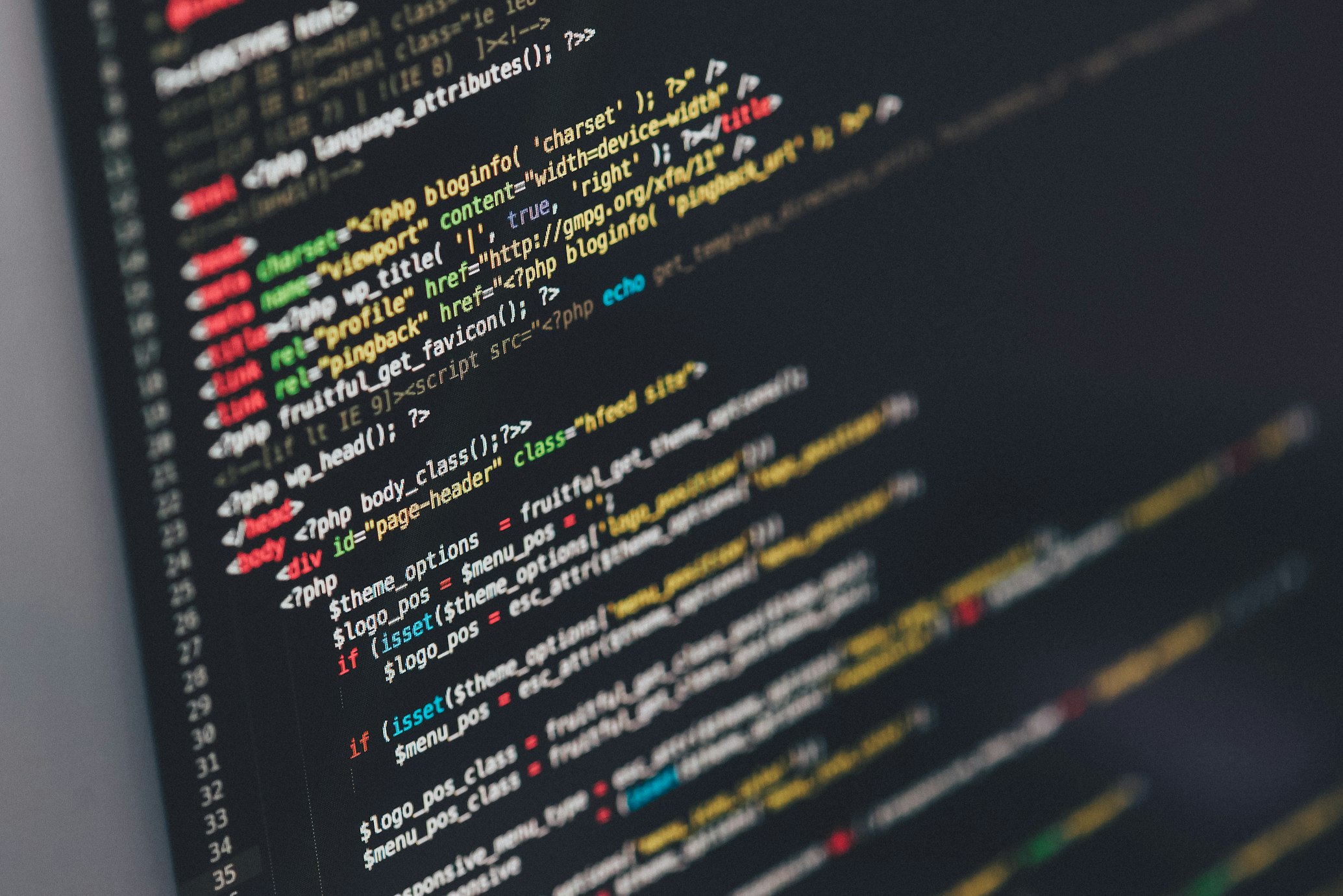Imagine buying a bottle of olive oil at your local grocery store and knowing exactly where the olives were harvested, when they were pressed into oil, and how the bottle made its way to the shelf. This level of transparency might sound like a dream, but thanks to blockchain technology, it’s becoming a reality. Blockchain is revolutionizing supply chains, allowing for real-time tracking of products from their origin to the consumer. This shift not only enhances transparency but also improves efficiency, reduces fraud, and increases trust between businesses and consumers.
What is Blockchain?

Blockchain is a decentralized digital ledger that records transactions across multiple computers in a secure and tamper-proof manner. Each transaction, or «block,» is linked to the previous one, creating a chronological chain of information. This structure ensures that once a transaction is recorded, it cannot be altered, providing a permanent and transparent record.
The Traditional Supply Chain Model
In a traditional supply chain, products pass through multiple stages: raw material extraction, manufacturing, distribution, and retail. Each stage involves numerous parties, including suppliers, manufacturers, logistics providers, and retailers. Coordinating these stages and ensuring the accuracy of information can be challenging. Delays, errors, and fraud are common issues that can disrupt the supply chain and impact product quality and availability.
How Blockchain Transforms Supply Chains
Real-Time Tracking
One of the most significant advantages of blockchain in supply chain management is the ability to track products in real-time. With blockchain, every step of a product’s journey is recorded on a digital ledger that all parties can access. This transparency allows businesses to monitor the movement of goods continuously, ensuring they are on the right track and on schedule.
Example: Food Industry
Consider the food industry, where freshness and traceability are crucial. Using blockchain, a supermarket can track a piece of fruit from the farm to the store. If a batch of fruit is found to be contaminated, the store can quickly trace its origin, identify where the problem occurred, and remove affected products from the shelves, all within minutes. This rapid response can prevent foodborne illnesses and protect consumers.
Enhancing Transparency
Blockchain’s transparency is another game-changer. Each transaction is visible to all parties involved, creating a single source of truth. This transparency builds trust among stakeholders, from suppliers to consumers.
Example: Fashion Industry
In the fashion industry, where concerns about ethical sourcing and labor practices are prevalent, blockchain can provide proof of origin for materials and ensure that clothing is produced under fair labor conditions. Consumers can scan a QR code on a garment to see its entire production history, from the cotton farm to the retail store, giving them confidence in their purchase.
Reducing Fraud and Counterfeiting
Fraud and counterfeiting are significant problems in many industries. Blockchain’s immutable ledger makes it extremely difficult for counterfeit goods to enter the supply chain. Each product can be given a unique identifier recorded on the blockchain, ensuring its authenticity.
Example: Pharmaceutical Industry
In the pharmaceutical industry, counterfeit drugs are a serious issue. By using blockchain, manufacturers can track each batch of medication through the supply chain, ensuring that only genuine products reach consumers. Pharmacists and patients can verify the authenticity of a drug by scanning a barcode linked to the blockchain, reducing the risk of counterfeit medications.
Improving Efficiency
Blockchain can streamline supply chain operations by reducing the need for intermediaries and manual processes. Smart contracts—self-executing contracts with terms directly written into code—can automate many supply chain activities. For example, a smart contract can automatically release payment to a supplier once goods are delivered and verified, speeding up transactions and reducing administrative costs.
Example: Automotive Industry
In the automotive industry, sourcing parts from various suppliers can be complex and time-consuming. Blockchain can simplify this process by recording each transaction and automating payments through smart contracts. This ensures that parts are delivered on time and reduces the likelihood of delays due to payment issues.
Challenges and Future Prospects

Integration and Scalability
While the benefits of blockchain in supply chain management are clear, there are challenges to overcome. Integrating blockchain with existing systems can be complex, and ensuring that all parties in the supply chain adopt the technology is essential. Scalability is another concern; as the number of transactions increases, so does the computational power required to maintain the blockchain.
Regulatory and Legal Considerations
Regulatory and legal considerations are also crucial. Governments and industry bodies need to establish standards and regulations for using blockchain in supply chains to ensure compliance and security.
The Road Ahead
Despite these challenges, the future of blockchain in supply chain management looks promising. As technology advances and more businesses recognize its potential, we can expect wider adoption and more innovative applications. Collaboration between tech companies, industry leaders, and regulatory bodies will be key to overcoming current hurdles and unlocking the full potential of blockchain.
Consumer Empowerment
One of the most exciting prospects of blockchain in supply chains is consumer empowerment. By providing detailed information about a product’s journey, blockchain allows consumers to make informed choices about the products they buy. This transparency can drive demand for ethically sourced and sustainably produced goods, encouraging businesses to adopt more responsible practices.
Blockchain technology is set to revolutionize supply chain management by providing real-time tracking, enhancing transparency, reducing fraud, and improving efficiency. While there are challenges to address, the potential benefits of blockchain are immense. As more industries adopt this technology, we can look forward to a future where supply chains are more transparent, secure, and efficient, ultimately benefiting businesses and consumers alike. The supply chain shakeup is here, and blockchain is leading the way.



